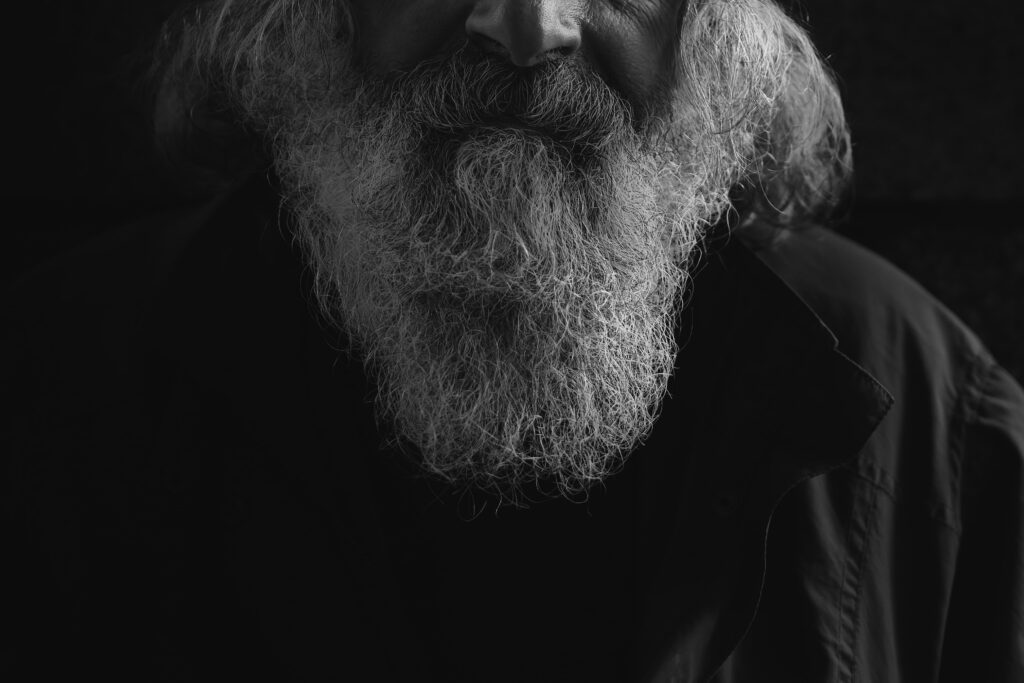Black and brown is all I see. In the mirror, outside my bedroom door, my neighbor on the left. I can’t escape it, after all, I am black and brown.
The last few months, some white has come along, but it’s not noticeable. No, the black is thick and dark and overwhelming. It hides the white that someone might see. My wife is quick to point out the white, as if it’s taking over, but we both know that won’t happen for a while. The bigger question I asked was, why did they have to come here at all? They have a lot of other people they could do this to. Do you know how easy it is to see white when it’s next to black?
The white coming in wasn’t anything new. It was something that occurred over and over. It was simply history repeating itself. There was the rare occasion when some embraced the white. They held it high and proud. They brought it in and showed the world they had white. On rare occasions, some black and brown would leave their black for the white. It didn’t happen often but it did occur.
Me, I never thought about it. I was proud of my brown and prouder of my black.
The beauty of black is that it catches your attention. There’s nothing quite like a deep black to pull someone in. My black pulled you in with its thickness. It came together as if Jesus was giving this one thing to me and made sure it was perfect. When everything was in place correctly, it blended like a symphony. Each instrument doing its part to ensure the music was on point. It was a pleasure to listen to and the black was a pleasure to see. I was doing everyone a favor. Add in the brown, and the black popped.
The black was strong in our family. Brown and black, black and brown. My father had a deep black and my uncle had a deep black and so did my cousin. I got my uncle’s black while my cousin got my father’s. In my uncle, father, and cousin, the white was also there. It came early for all three of them.
There was no question the black made people uncomfortable. To be honest, I didn’t care. Some were surprised when I spoke to them, although I think they were more surprised I spoke English or maybe they were surprised I spoke English without an accent.
Some people made comments and stared at the black. The longer the black, the longer the stare. It was a common stare. It became something I got used to and embraced. What they didn’t understand was what the black meant to me. What the significance was. They only saw color while I saw heritage, culture, strength, art, and love.
That love part was huge for me. It got me my wife. She was black and brown and the first thing she noticed about me was my black. She realized it was a rarity and embraced it. Saw the value it brought and I, in turn, saw the value she brought.
So when she sat me down to talk about the black, it caught me off guard. She was always on my side but now she was asking me to make a change.
She brought it up peacefully and calmly.
“Look, you need to do something with it,” she said. “With the way, everything is going, I don’t want something to happen to you.”
She was right.
People couldn’t ask the question they needed to ask: are you a terrorist?
My wife had good reason to be concerned about my black. I thought about it all night long.
I decided I would test her theory.
That next day at work I asked two coworkers (one was Asian and the other Hispanic) about what my wife said. The Hispanic coworker agreed with my wife and simply said, “Man, that’s coming from a place of love.” The Asian coworker was a little more honest saying, “you’re not a white guy,” and that was enough.
So, there I stood, facing the mirror.
I took a deep breath, grabbed the stainless steel clippers, and began trimming down the black.
—
Sukhpal “Sukey” Hayer lives in Fresno, California with his wife, daughter and dog. This is his first published short story.
Photography by: Kevin Mueller
